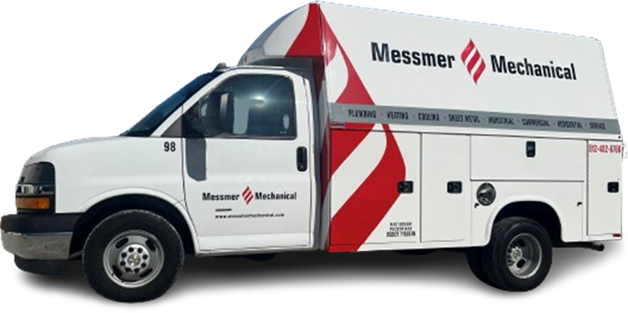How much attention do you pay to all the critical components that make up your gas furnace and are essential to its smooth and dependable operation? If you’re like most, probably very little. After all, what’s there to know? Colder weather sets in. You begin to feel cold. You turn up the thermostat and, within minutes, your home is perfectly comfortable. Simple enough, right?
Certain parts of your furnace do more than just aid in heating your home and keeping you nice and toasty all fall and winter long. In fact, they are crucial in keeping your home and family safe.
The heat exchanger is a perfect example.
This unassuming piece of metal is where combustion gases enter after they’ve been produced by the burners. Once there, the heat from those gases is transferred into the walls of the heat exchanger, and that’s where the magic happens. Combustion gases cool down and are directed into vent pipes and pushed out of your home. At the same time, air from your home is blown over the hot exchanger walls and warmed. The warmed air travels through your home’s ductwork until it reaches its destination – your living spaces. That is, of course, if your heat exchanger is in good repair.
You see, because the heat exchanger constantly heats and cools while your furnace cycles on and off, the process can put stress on the metal chambers and result in cracks. Dangerous carbon monoxide gas can escape through those cracks and pollute your indoor air. Remember, carbon monoxide has no color or odor so it’s completely undetectable until CO symptoms set in. These include headache, nausea, chest pain, weakness, and worse.
There’s got to be some good news, right? And there is. By performing preventive maintenance on your heating system, Messmer Mechanical can help keep your heat exchanger and the rest of your furnace in top working condition. We also can spot early warning signs and fix the problem while it’s still in its embryo state.
You can help your own cause by cleaning or replacing your air filters every 6 to 8 weeks, keeping vents and baseboards clean and free of debris, and keeping all flammable objects away from the furnace.
In the meantime, contact Messmer today to schedule preventive maintenance for your heating system and reap all the rewards that come along with it.





